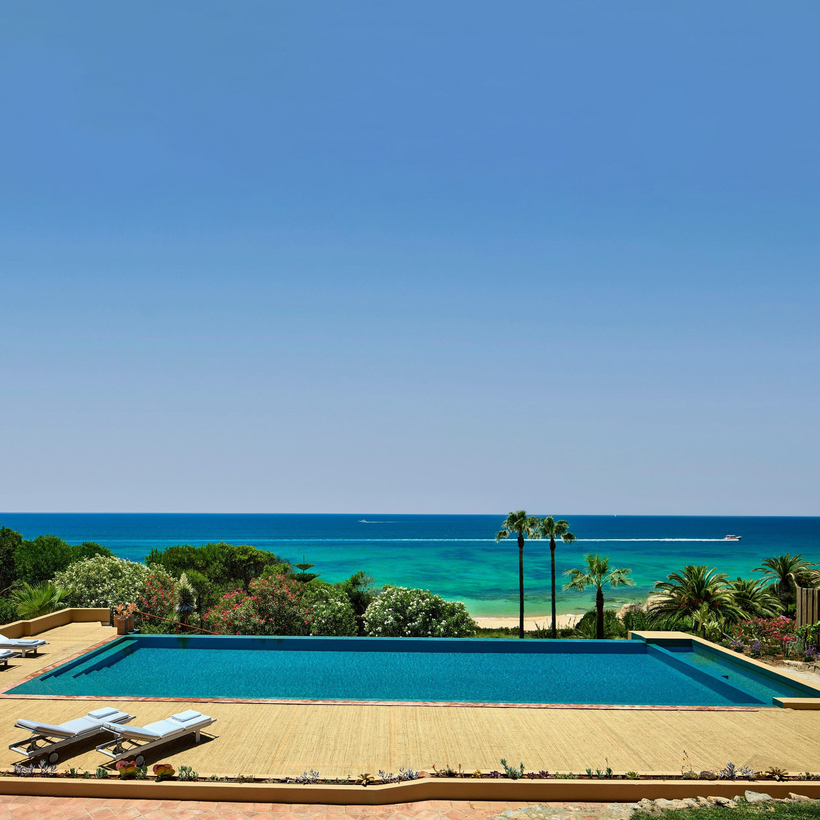With all due respect to Ibiza, Portofino, St. Tropez, and Mykonos, it’s difficult to beat Portugal these days, especially when travelers combine a hedonistic beach escape with an immersion into one of Europe’s greatest cities.
My partner, David, and I began with the former. When we arrived at Vila Joya, a hotel in the coastal Algarve region of southern Portugal, the owner, Joy Jung, explained that a new moon was sending unusually large waves crashing onto the long, sandy beach below the hotel.


